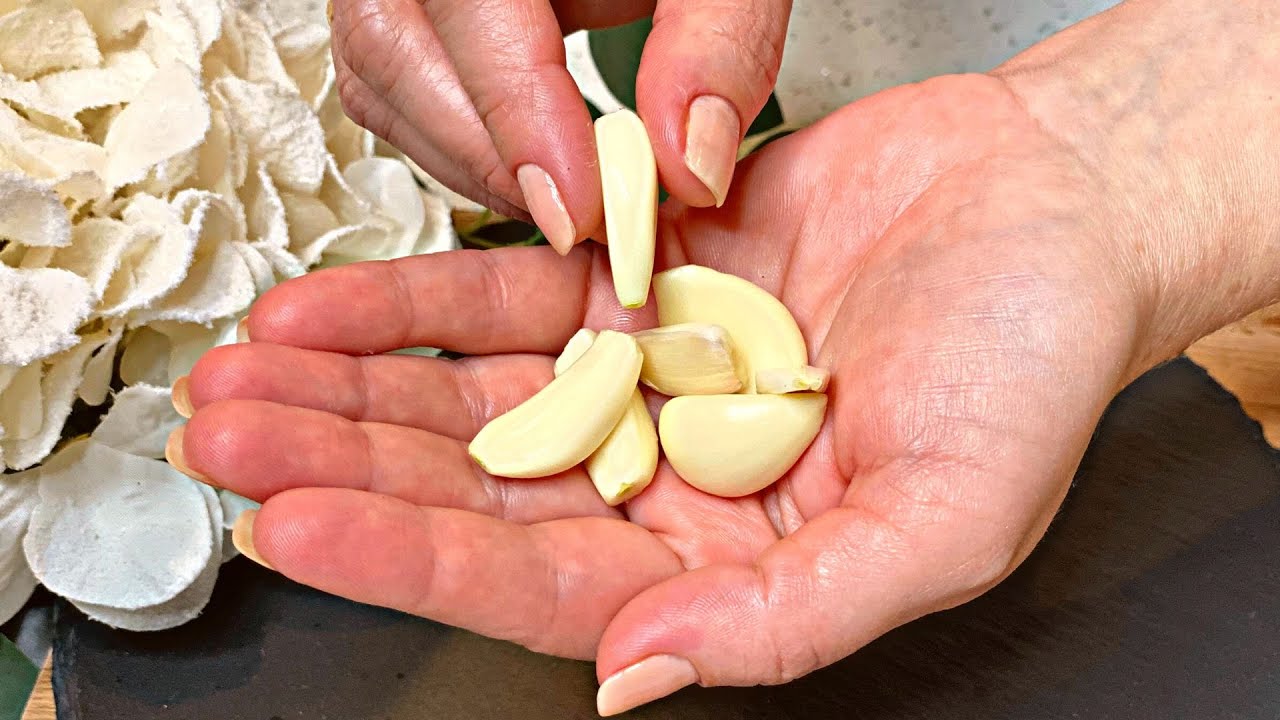
Apple cider vinegar (ACV) is a popular natural remedy known for its numerous health benefits, from aiding digestion to enhancing skin health. However, using it incorrectly can lead to unwanted side effects. Here are seven common mistakes to avoid when using apple cider vinegar.
1. Drinking It Undiluted
One of the biggest mistakes people make is drinking ACV straight. Undiluted apple cider vinegar is highly acidic and can damage tooth enamel, irritate your throat, and upset your stomach.
Tip: Always dilute ACV in water. Mix one to two tablespoons of apple cider vinegar with a large glass of water.
2. Using It Too Frequently
While ACV has many benefits, using it excessively can lead to low potassium levels and bone loss. Overuse can also cause digestive issues like nausea and heartburn.
Tip: Limit your intake to one to two tablespoons per day, diluted in water. It’s also wise to take breaks and not consume it every single day.
3. Applying It Directly to Skin
Apple cider vinegar is often used in skincare, but applying it directly to your skin can cause burns and irritation due to its high acidity.
Tip: Dilute ACV with water before applying it to your skin. A common ratio is one part vinegar to three parts water. Test it on a small skin area first to ensure there’s no adverse reaction.
4. Not Rinsing Your Mouth After Use
Even when diluted, ACV can erode tooth enamel over time if remnants are left in your mouth.
Tip: Rinse your mouth with water after drinking ACV to wash away any lingering acid. You can also drink through a straw to minimize contact with your teeth.
5. Believing It’s a Miracle Cure
Apple cider vinegar can support health but it’s not a cure-all. Relying solely on ACV for serious health issues can be detrimental.
Tip: Use ACV as part of a balanced diet and healthy lifestyle. Consult a healthcare professional for serious health concerns.
6. Not Choosing the Right Type
Not all apple cider vinegars are created equal. Processed, filtered varieties lack the beneficial enzymes and bacteria present in raw, unfiltered ACV.
Tip: Choose organic, raw, unfiltered apple cider vinegar with the “mother,” which contains beneficial bacteria and enzymes.
7. Ignoring Potential Interactions
ACV can interact with certain medications, including diuretics, laxatives, and insulin. It’s important to consider these interactions to avoid adverse effects.
Tip: If you’re taking any medication, consult with your doctor before adding apple cider vinegar to your routine.
Conclusion
Apple cider vinegar can be a valuable addition to your health regimen when used correctly. By avoiding these common mistakes, you can safely enjoy its benefits without experiencing any negative side effects. Remember to use ACV in moderation, dilute it properly, and consult with a healthcare professional if you have any concerns.





